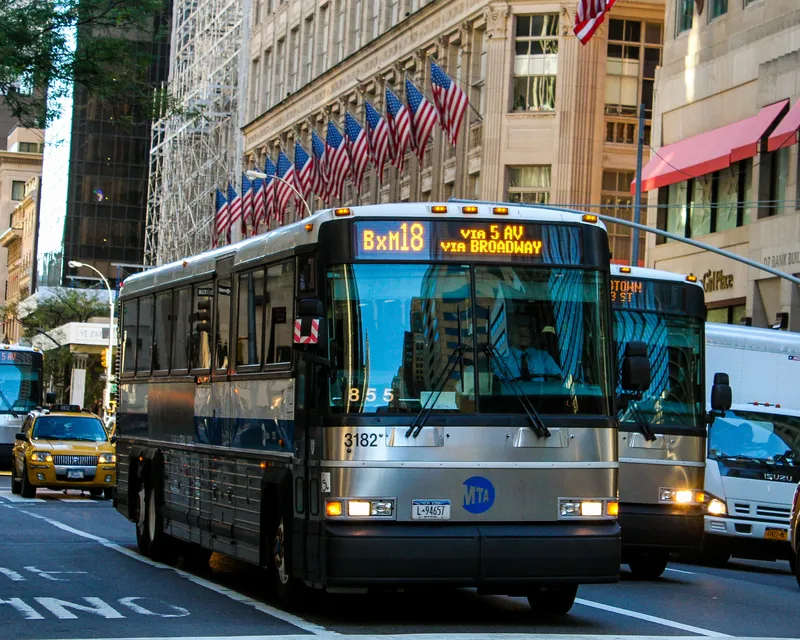The governments of Brazil and Chile have announced major investments in urban transport.
In Brazil, the federal government, in partnership with state and municipal governments is to invest US$59.54 in urban mobility. The total investment will cover 3,500 kilometres of transport, including metros, trains, and bus lanes, together with rail transport for the construction of metros in nine cities, marked as a priority due to their high capacity, speed and security. Further investment is to be made in work o
February 11, 2014
Read time: 2 mins
The governments of Brazil and Chile have announced major investments in urban transport.
In Brazil, the federal government, in partnership with state and municipal governments is to invest US$59.54 in urban mobility. The total investment will cover 3,500 kilometres of transport, including metros, trains, and bus lanes, together with rail transport for the construction of metros in nine cities, marked as a priority due to their high capacity, speed and security. Further investment is to be made in work on monorails, city trains, and light rail vehicles, some of which will be integrated with the metro systems.
Chilean President elect Michelle Bachelet, and minister of transport Andres Gomez-Lobo, are to take responsibility of improving the5348 Transantiago public transport system in Santiago. A key area for the new government administration will be the development of road infrastructure for transport during the next four years. Investments for the Transantiago will be accelerated, including exclusive bus lanes and operational infrastructure, involving the development of roads and fleet control systems to speed up services, reduce waiting times and make journey times more reliable. The government also envisages investing in technology to manage fleets of 6,400 buses.
In Brazil, the federal government, in partnership with state and municipal governments is to invest US$59.54 in urban mobility. The total investment will cover 3,500 kilometres of transport, including metros, trains, and bus lanes, together with rail transport for the construction of metros in nine cities, marked as a priority due to their high capacity, speed and security. Further investment is to be made in work on monorails, city trains, and light rail vehicles, some of which will be integrated with the metro systems.
Chilean President elect Michelle Bachelet, and minister of transport Andres Gomez-Lobo, are to take responsibility of improving the









